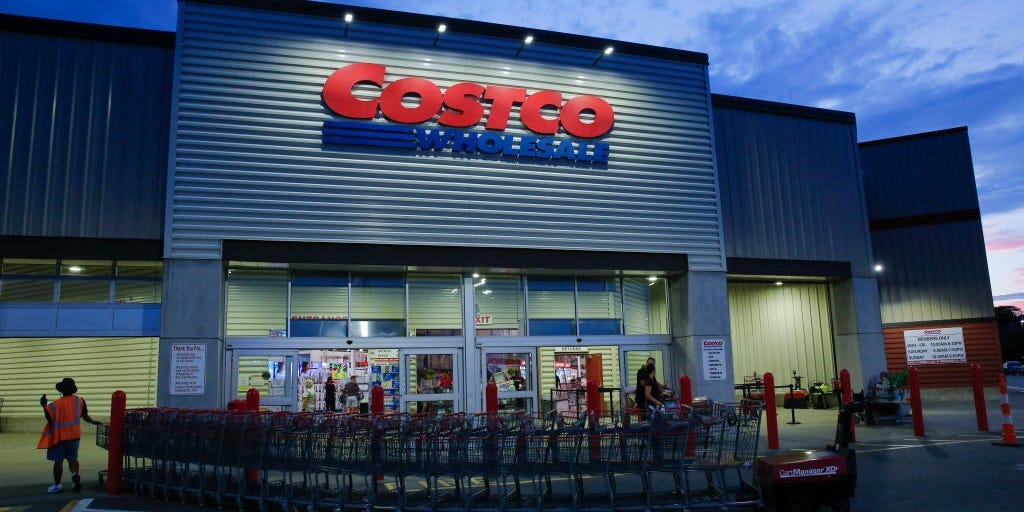- Costco’s longtime CFO Richard Galanti will step down Friday after a 40-year career with the company.
- In an interview with Progressive Grocer, Galanti revealed a bit of advice he gives to students.
- Arriving 30 minutes early to an appointment can show you how a company’s culture really is, he said.
Thanks for signing up!
Access your favorite topics in a personalized feed while you’re on the go.
download the app

After an impressive 40-year career with Costco, Richard Galanti will step down from his longtime role as CFO on Friday.
The Atlanta native has been a mentor to many at Costco and is widely known for his direct and candid speaking style.
In a recent interview with Progressive Grocer, Galanti revealed a bit of advice he gives to students that goes beyond simply being on time for appointments like job interviews.
If you want to work with a company and are curious to know what its culture is like, you could always ask your interviewer — but their response might not be the most informative.
In other words, there’s no real substitute for seeing things for yourself.
“Get there a half hour early and see how employees greet their guests,” Galanti told the publication. “If you get a chance to visit the lunchroom, you also get a sense of the environment at a company.”
As for Costco, Galanti told the outlet, “We don’t manage by intimidation.”
The warehouse club not only boasts the highest customer satisfaction scores each year, but Galanti also pointed out that the company keeps a relatively low turnover percentage in its workforce — especially when compared with industry averages. Most retailers can expect to replace more than half of their staff in the course of a year.
“Our annual turnover rate is 13% to 14%,” Galanti said. “Those are off-the-chart low numbers, and it’s partly because we pay well but also because of the culture.”
The advice certainly faces some limitations in an increasingly digital age — there’s no sense in logging into a Zoom meeting early just to stare at yourself.
Still, what holds for retail likely holds true for almost any public-facing business: people and companies tend to reveal a lot about themselves when they don’t think anyone is watching.


